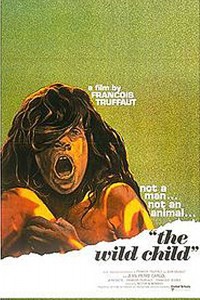While reading Experience and Education, I couldn’t help but notice how Dewey’s discussion of education directly connects to Rousseau’s discussion of raising a child. This comparison first became clear when Dewey began discussing the negative qualities and the consequences of habit formation when he stated, that some “experience[s]” may “generate” “habits,” which he suggests creates the “inability to control future experiences,” a similar stance to Rousseau (26). Continue reading
-
Recent Posts
Recent Comments
- Alexia Prokopik on Hegel vs. Freud
- Moses Sghayyer on Hegel vs. Freud
- Moses Sghayyer on nature vs nurture
- Jasmine Scott on Is Rage Really Self-Destructive?
- Dinh Quoc Nguyen on Freud’s Effect on Christian View of Homosexuality and Its Implications
Categories
Archives

 In discussions about identity, philosophers often mention the influence of others on a self. In our most recent readings about self-consciousness, Hegel says, “Self-consciousness exists in and for itself when, and by the fact that, it so exists for another; that is, it exists only in being acknowledged.” He then goes into a discussion of the interaction between two beings and how the interaction is what makes them fully self-conscious. So if this reaction never existed, what would be the result?
In discussions about identity, philosophers often mention the influence of others on a self. In our most recent readings about self-consciousness, Hegel says, “Self-consciousness exists in and for itself when, and by the fact that, it so exists for another; that is, it exists only in being acknowledged.” He then goes into a discussion of the interaction between two beings and how the interaction is what makes them fully self-conscious. So if this reaction never existed, what would be the result?